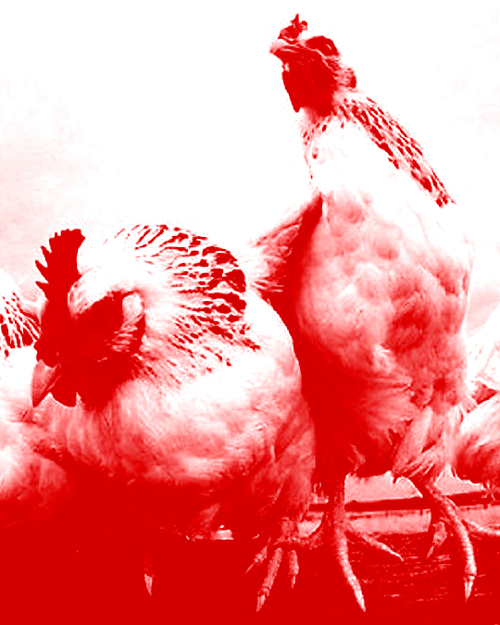Flu finding prompts cull
 The H7N3 strain of avian influenza, has been detected at an egg farm in Meredith, Victoria.
The H7N3 strain of avian influenza, has been detected at an egg farm in Meredith, Victoria.
Agriculture Victoria has placed the property under quarantine to prevent further spread, while the farm has had to cull approximately 400,000 chickens.
Agriculture Victoria is implementing movement controls within a five-kilometre Restricted Area and a 20-kilometre Control Area.
The outbreak has severe repercussions for the poultry industry in Victoria.
The United States Department of Agriculture (USDA) has imposed an import ban on all poultry products from Victoria.
This ban affects products originating or transiting through Victoria from 22 May, including poultry, commercial birds, avian hatching eggs, and fresh poultry products.
Health authorities assure the public that eggs and poultry products available in supermarkets are safe for consumption.
The risk to humans from the H7N3 strain remains low. However, all bird and poultry owners are urged to report any signs of illness in their flocks to the Emergency Animal Disease Hotline at 1800 675 888.
Dr Robyn Alders from the Australian National University says it is highly important to control such outbreaks.
“Producers know that if [highly pathogenic avian]... influenza is confirmed, they will receive compensation from the government following the implementation of control and containment procedures,” Dr Alders says.
“This prior agreement is one of the major reasons why the control of HPAI has been so successful in Australia compared to many countries in the region However, we now have many more households raising backyard chickens and it's important that these households ensure that they provide their chickens with treated/tap water and feed in containers inaccessible to wild birds.”
Professor Robert Booy - an infectious diseases and vaccine expert - says; “Bird flu is likely to soon affect Australia in a much broader sense as infected wild birds are increasingly mixing with our itinerant wild birds.
“Many birds especially skuas have recently died in Antarctica. This all started with an outbreak in farmed geese in China in 1996.
“Mammals that eat dead birds can be affected. Over 50 species are known to be troubled including sea lions, seals, polar bears and brown bears.
“Dairy cattle in the US have been affected and the virus may spread via milking machines. The US are ramping up vaccine development for cows.
“Stockpiling of antivirals is again on the agenda, as is improved surveillance and testing. Australia has some onshore abilities to develop and produce appropriate vaccines - this needs more attention.”








 Print
Print